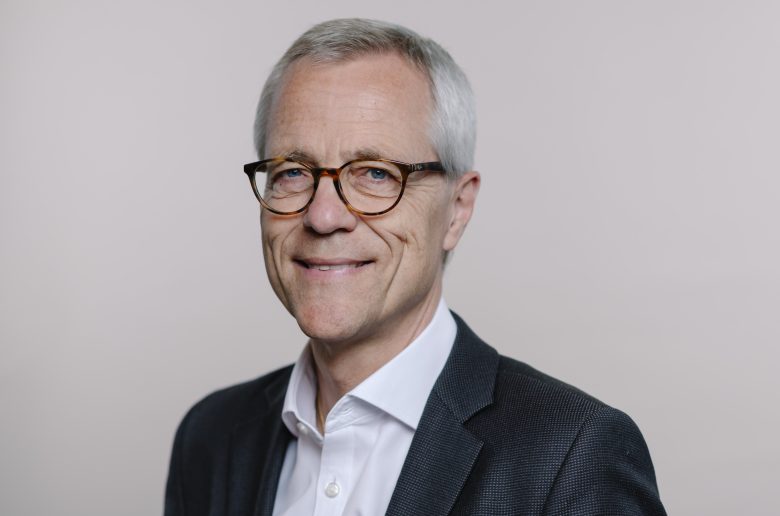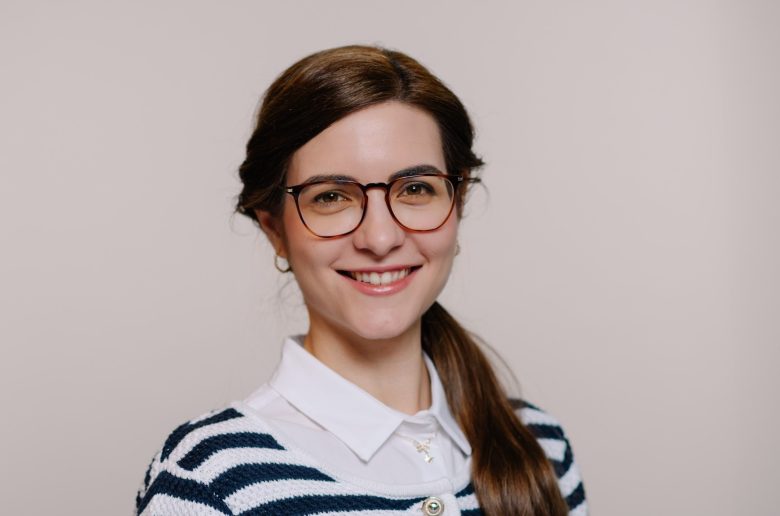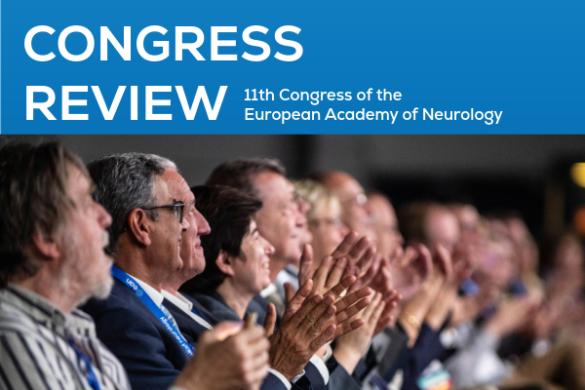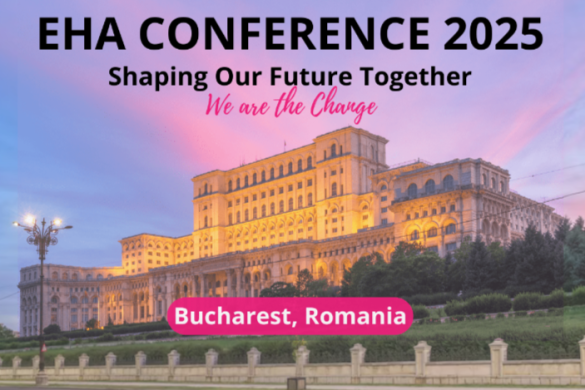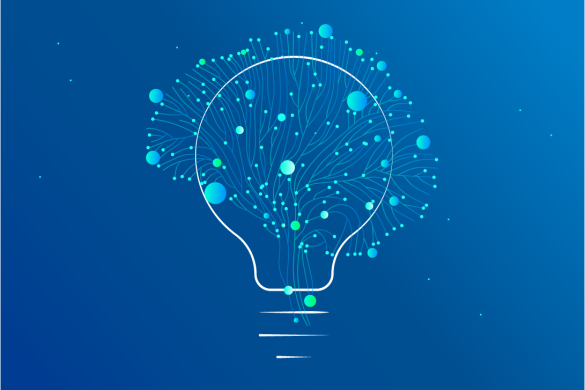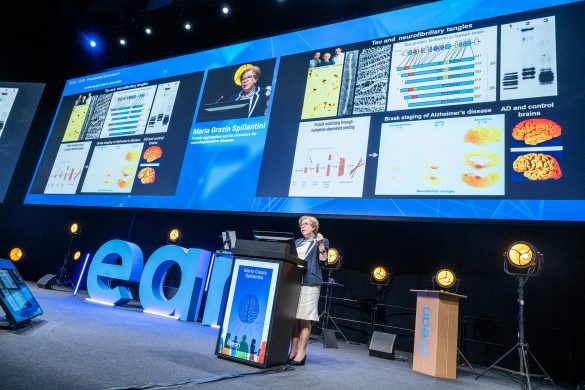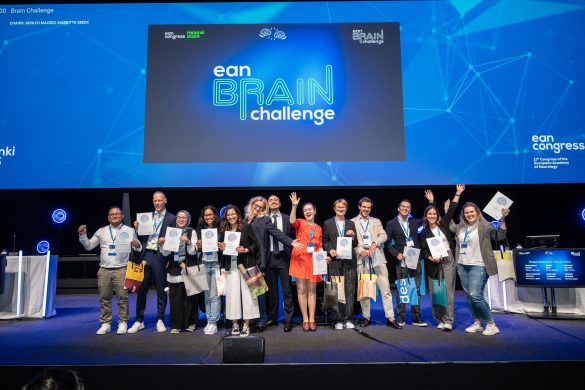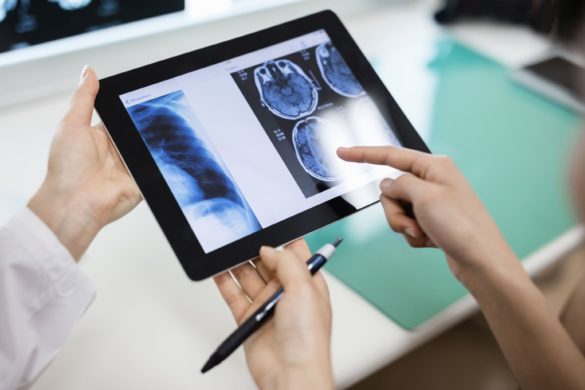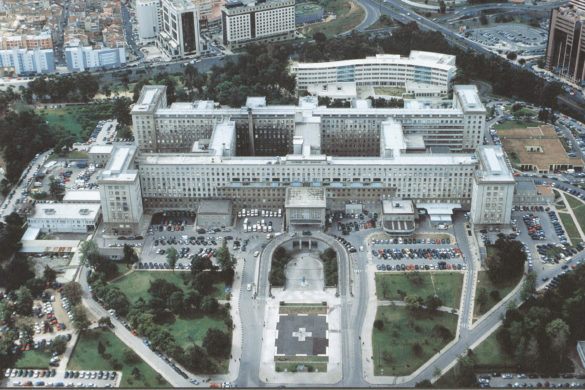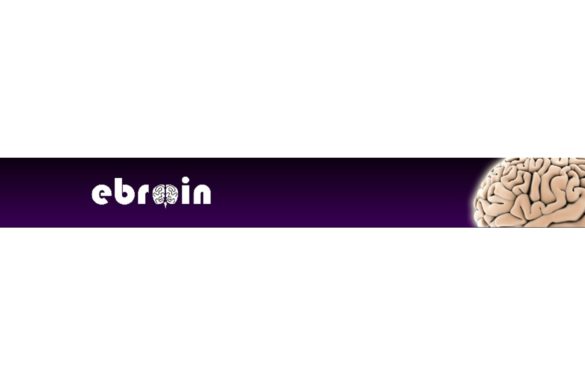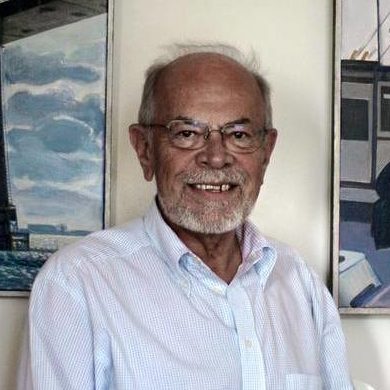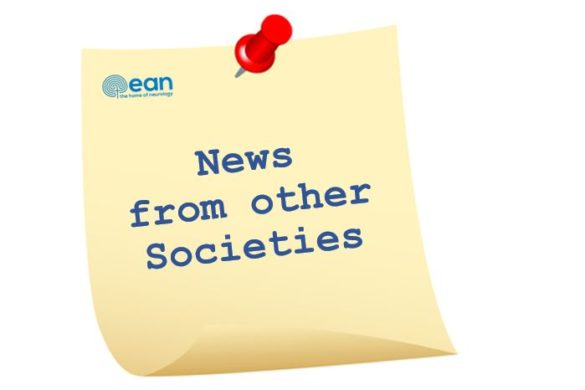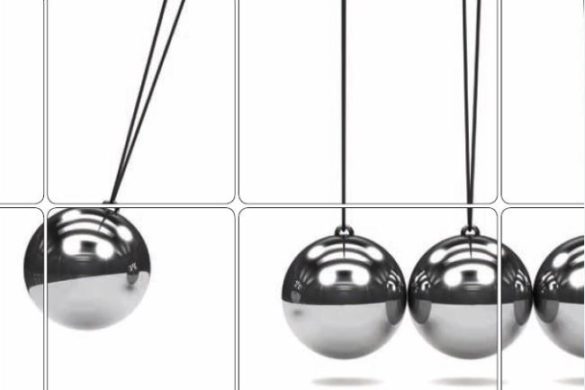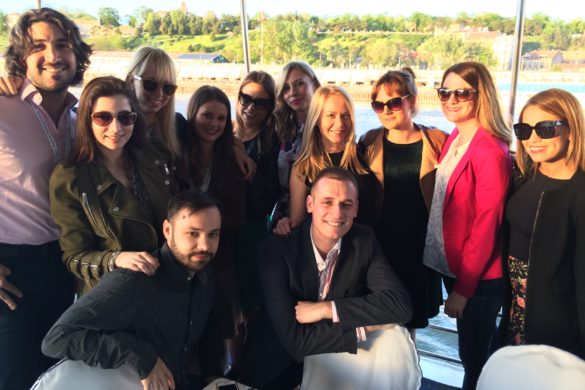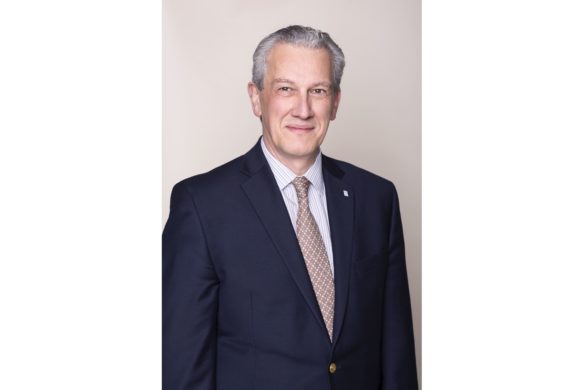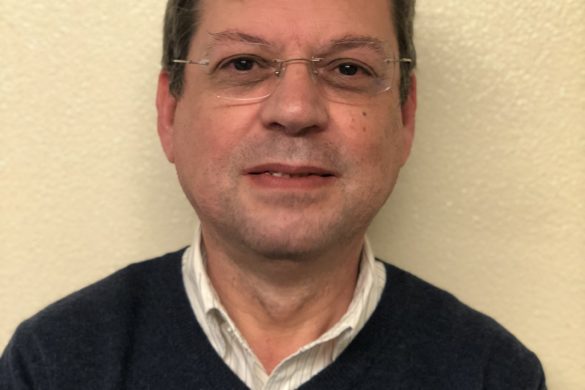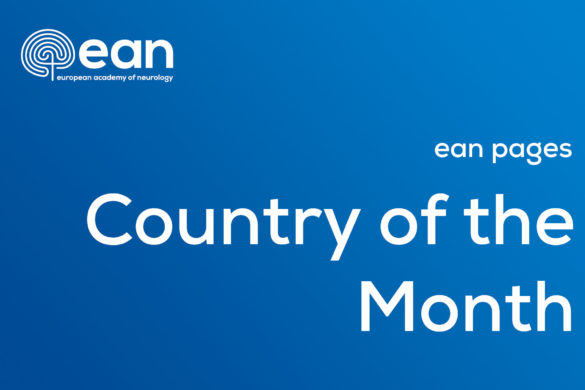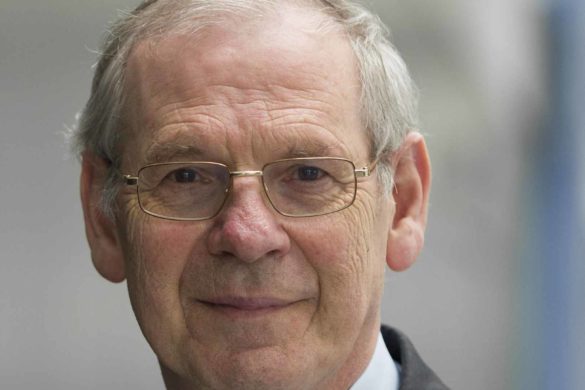Recently, EAN held elections of the Scientific Panel Management groups.
All Panel Members - institutional that are nominated by a national society, and individual - were invited to send in their applications. The Scientific Committee received altogether 163 applications, from 30 different countries (59 female and 104 male applicants).
Get a glimpse of the key highlights, insights, and standout moments from EAN 2025 in Helsinki, all captured in our Congress Review eBook.
Latest Posts
-
-
EAN Congress newsEAN NewsTop Articles
Neurological News from Portugal VI: Neurosciences at the Campus of the Faculty of Medicine of the University of Lisbon
June 1, 2018The year of 1949 was a celebrating year for Neurosciences in Portugal, since our professor of Neurology Egas Moniz was awarded the Nobel Prize of Medicine and Physiology, an important recognition of his neuroscience research. This was a mark that very much inspired the interest of our medical school on neurosciences. -
The European Academy of Neurology provides access to ebrain for all its members entirely free of charge and it is a highly valuable part of your EAN membership. We strongly encourage you to engage with the ebrain programme. Ebrain is fully intergrated via a seamless link on the EAN website. To get access go to www.ean.org, log in via my EAN, rest your mouse over learn and click on ebrain.
-
Prof. G. Deuschl, President of the EAN and Prof. W. Wick President of EANO are pleased to announce that: EAN has joined with EANO to promote optimal management of neuro-oncological care in neurology in Europe.
-
 Dear Colleague,
We seek your help in identifying candidates for the € 1 million prize, The Brain Prize, which is awarded by the Lundbeck Foundation.
The Brain Prize recognizes highly original and influential advances in research on the nervous system,… Continue Reading
Dear Colleague,
We seek your help in identifying candidates for the € 1 million prize, The Brain Prize, which is awarded by the Lundbeck Foundation.
The Brain Prize recognizes highly original and influential advances in research on the nervous system,… Continue Reading -
InterviewsOther News
Interview with Mogens Bundgaard-Nielsen, Former Chairman of the Board of Trustees of the Lundbeck Foundation
June 1, 2018David B. Vodušek (DBV): Mr Bundgaard-Nielsen, you have been director of the Lundbeck Foundation. Can you explain to our readers the facts about this foundation and its relations to Lundbeck, the well known pharmaceutical company? Mogens Bundgaard-Nielsen (MBN): The Lundbeck Foundation was established in 1954 by Grete Lundbeck. She was the widow after Hans Lundbeck, the founder of the company H. Lundbeck who died some 10 years earlier. She eventually -
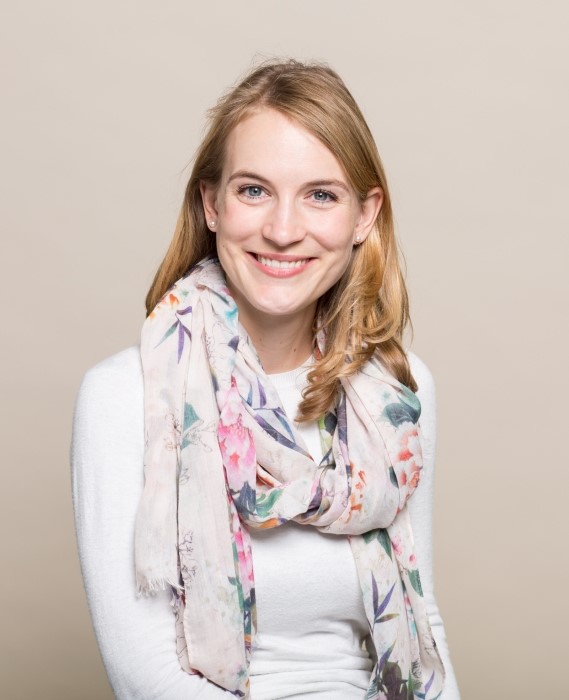 by Anna Sauerbier
EPD introduces Massive Open Online Course (MOOC) on “Introduction to Cognitive Behavioural Therapy”
Mental health policy: What progress are we making?
How can we create sustainable healthcare systems?
MasterMind:… Continue Reading
by Anna Sauerbier
EPD introduces Massive Open Online Course (MOOC) on “Introduction to Cognitive Behavioural Therapy”
Mental health policy: What progress are we making?
How can we create sustainable healthcare systems?
MasterMind:… Continue Reading -
Report from Dr Gosewina Cornelia Horlings, from Bennekom, The Netherlands visiting the Department of Neurology, Medizinische Universität Innsbruck, Universitätsklinik für Neurologie, Anichstraße 35, 6020 Innsbruck, Austria under the supervision of Prof. Werner Poewe and Atbin Djamshidian, MD
-
Education corner
Report from the EAN Regional Teaching Course in Belgrade, Serbia – April 20-22, 2018
June 1, 2018On behalf of the Local Organising Committee, I would like to express our great gratitude to the European Academy of Neurology for the opportunity and the honor to organise the Regional Teaching Course in Belgrade, Serbia from April 20th– 22nd,… Continue Reading -
Scientific plagiarism is defined as using or closely imitating scientific content from an original author without clear reference and/or authorization. Plagiarism can be complete or partial, in the original or translated version or limited to paraphrases of the original text. A textual repetition of one’s own work in subsequent submissions is considered self-plagiarism and should be avoided or at least accompanied by proper referencing to one’s prior work.
-
As in the previous years, EANpages asked EAN committee members, panel chairs, and invited speakers which session one should not miss at the upcoming congress in Lisbon 2018. Please find their answers below!
-
InterviewsEAN News
Interview with Prof. Manuel Correia – President of the Portuguese National Neurological Society
June 1, 2018Prof. Elena Moro (EM): Dear Prof Correia, could you briefly summarize for the EANpages readers the history of the Portuguese National Neurological Society, and its major achievements at national level? Prof. Manuel Correia (MC): The first neuroscientific society in Portugal was founded in 1948, and it was named the “Sociedade Portuguesa de Oto-Neuro-Oftalmologia. The first century of Ophtalmoscopy was celebrated in Lisbon on the 26th of April 1952. -
Portugal is a country with a 900-year history: many remnants of past colonization by Celtics, Romans, and Arabians are still present. Unquestionably, the greater contribution of Portugal to the humanity have been the overseas navigations around the world, namely the discovery of the maritime way to India, the discovery of Brazil and of several Atlantic islands.
-
The first team of board members is going to retire after the Lisbon congress and the incoming president, Franz Fazekas from Graz, Austria, will take over. He is an outstanding scientist in the field of Stroke and Multiple Sclerosis and has done a marvellous job for our Society during the past 4 years. His many qualities as an Austrian Cosmopolitan are a guarantee for an integrative presidency for the next years of further development of this young Society. It is my privilege to thank him and the outgoing board for an excellent collaboration.
-
Paper of the MonthEAN NewsFeatured Slider
Paper of the month: Long-term cohort studies confirm higher risk of cerebrovascular events in migraine patients
June 1, 2018For June 2018, we have selected: Mahmoud AN, Mentias A, Elgendy AY, et al. Migraine and the risk of cardiovascular events: a meta-analysis of 16 cohort studies including 152,407 subjects. BMJ Open 2018;8:e020498. doi:10.1136/bmjopen-2017-020498. Migraine is a worldwide common neurological disease. The link between cardiovascular and cerebrovascular events, especially in migraine with aura patients, has been shown by several studies. However, findings lack longitudinal and long-term follow-up.

